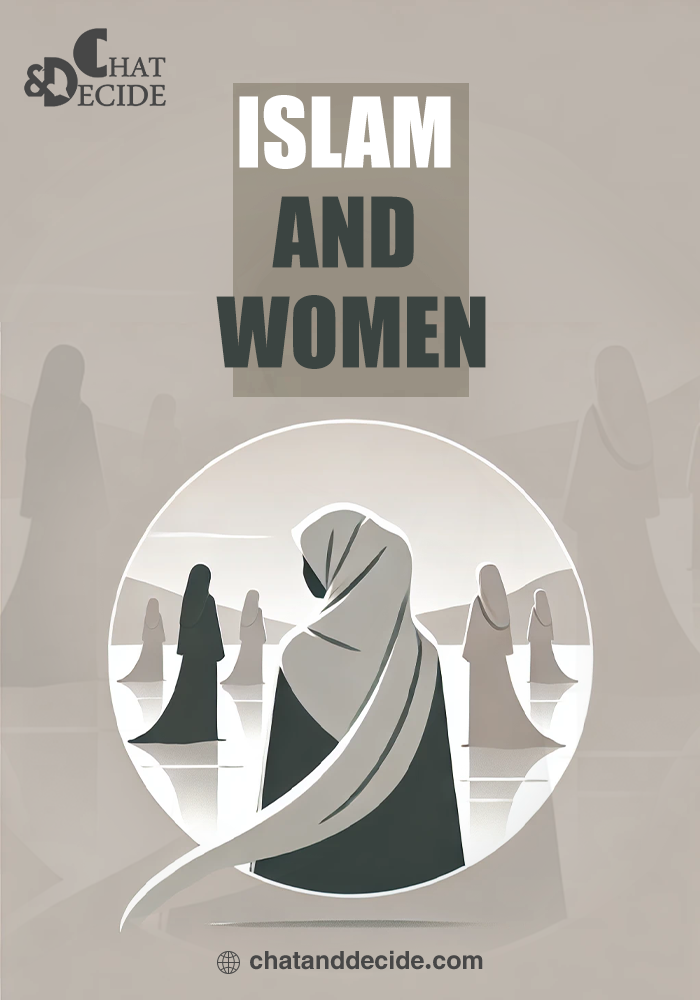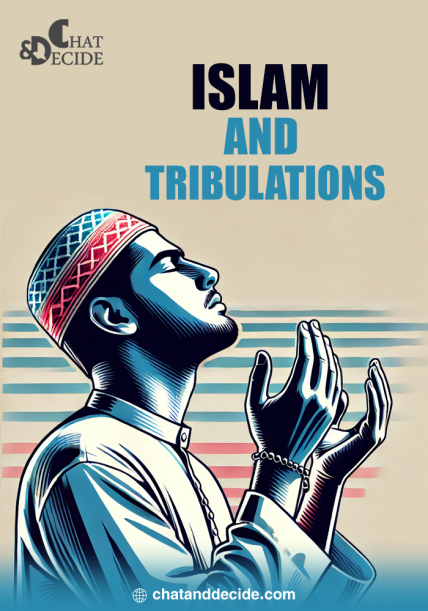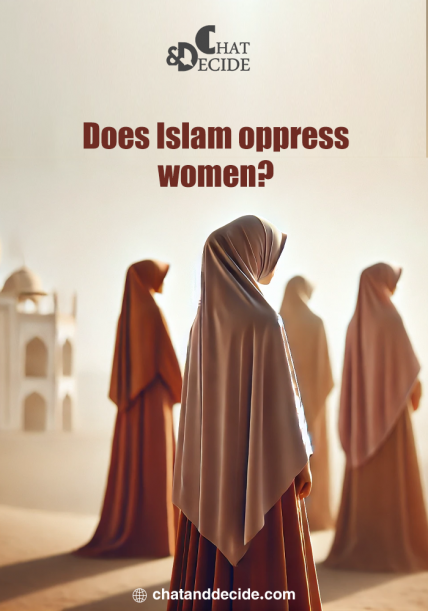In Islam, women are honored and respected as equal partners in the creation of humanity. The religion promotes the dignity, rights, and protection, affirming their essential role as individuals endowed with spiritual, social, and economic rights.
The Quran and Hadith encourage kindness, fairness, and respect towards women, urging men to treat them with the utmost honor and integrity.
Islam grants women the right to education, ownership, and participation in societal matters, while also emphasizing the vital roles of family, motherhood, and nurturing.
Contrary to widespread misconceptions, Islam unequivocally affirms the equality, dignity, and respect of women. It advocates for equal educational opportunities for both men and women, grants women legal rights in matters such as marriage, divorce, and inheritance.
Women's rights in Islam are firmly established in the teachings of the Quran and the noble traditions of Prophet Muhammad (peace be upon him).
Women's contributions in all aspects of life—whether at home, in the workplace, or in the community—are deeply valued, and Islam stresses the importance of justice, equity, and respect for all genders.




